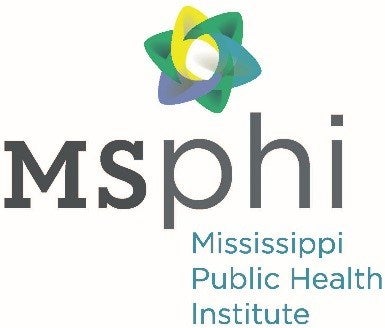Nomfuneko Mafunda, MPH ’22 (she/her/hers) is a second-year MPH student in the Health and Social Behavior field of study. Mafunda is interested in social and structural determinants of maternal and child health in underserved communities and improving sexual and reproductive health inequities. She was a 2021 Mississippi Delta Fellow for her summer practicum project with the Mississippi Public Health Institute to assist with the evaluation plan of their community-based doula program. Prior to studying at Harvard T.H. Chan, she worked as a Research Technician at the Ragon Institute of MGH, MIT, and Harvard. Her research focused on the associations between the vaginal microbiome and HIV risk among women in sub-Saharan Africa.
For your summer practicum, you worked with the Mississippi Public Health Institute (MSPHI). Could you tell us more about your project “Evaluation Process of a Community-Based Doula Program”?
My practicum with MSPHI focused on assisting with the refinement of an evaluation plan as well as providing recommendations for the sustainability of the efforts to reduce maternal morbidity and mortality through doula care. My project included multiple tasks. These included the collection of end of program survey evaluations from participants who had completed the program. I also conducted interviews with the doulas to assess their experiences of providing services in the program. Lastly, I conducted a literature review of existing community doula program evaluations and cost-analysis/effectiveness of community-based doula programs.
What has inspired you to study and to work in the field of maternal and child health?
I have always been interested in women’s health. My research working with the vaginal microbiome and learning how its composition affects reproductive health outcomes such as fertility, preterm birth and STIs, my interest in women’s health was heightened. Through more research and reading on maternal health disparities, my interests for maternal and child health developed.

Mississippi Public Health Institute
Do you have any advice for first-year MPH-HSB-65 students who are preparing for their practicum?
Looking back at my practicum search, one thing that helped me was writing down what my interests were as well as what skills I wanted to improve or gain during my practicum. I would also say think about your practicum as a learning opportunity, as a chance to develop a skill further or to try something new. Go into your practicum with the mindset of being a learner, and not an expert, especially in work that involves the community. By doing this I was able to listen and better understand the assets and needs of the community better. Lastly, the project you propose initially going in might change, and being flexible and adaptable to the needs of your organization is important and was something I experienced for my practicum.
What do you hope to do after graduation?
At the moment, I am not really sure what I will be doing post-graduation. I do however hope to be doing work in the maternal and child health or sexual and reproductive health spaces. I am interested in being involved in community-based work in program planning and implementation areas.
How can the SBS community learn more about you?
The SBS community can connect with me through my LinkedIn profile.




